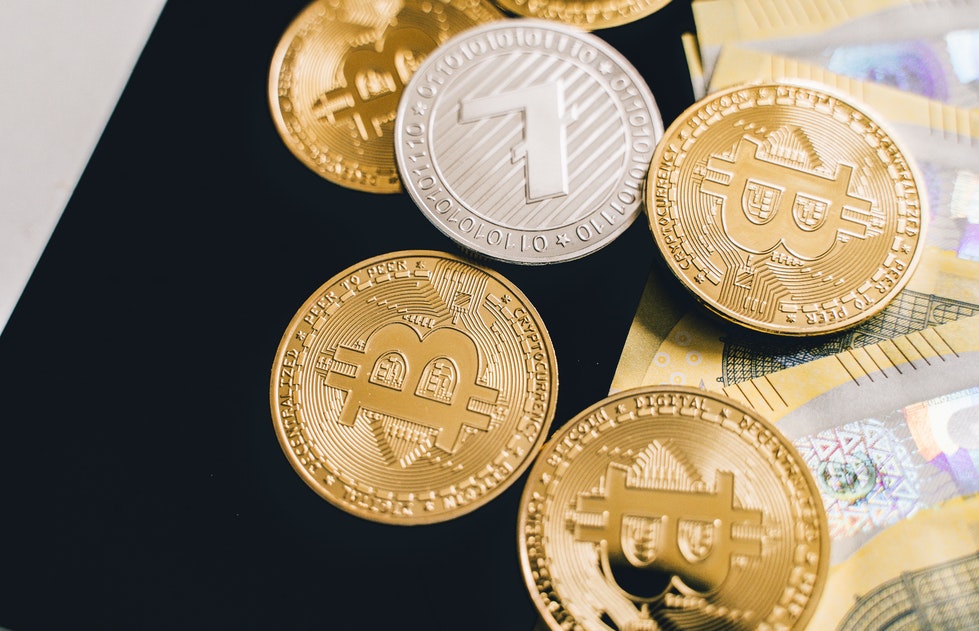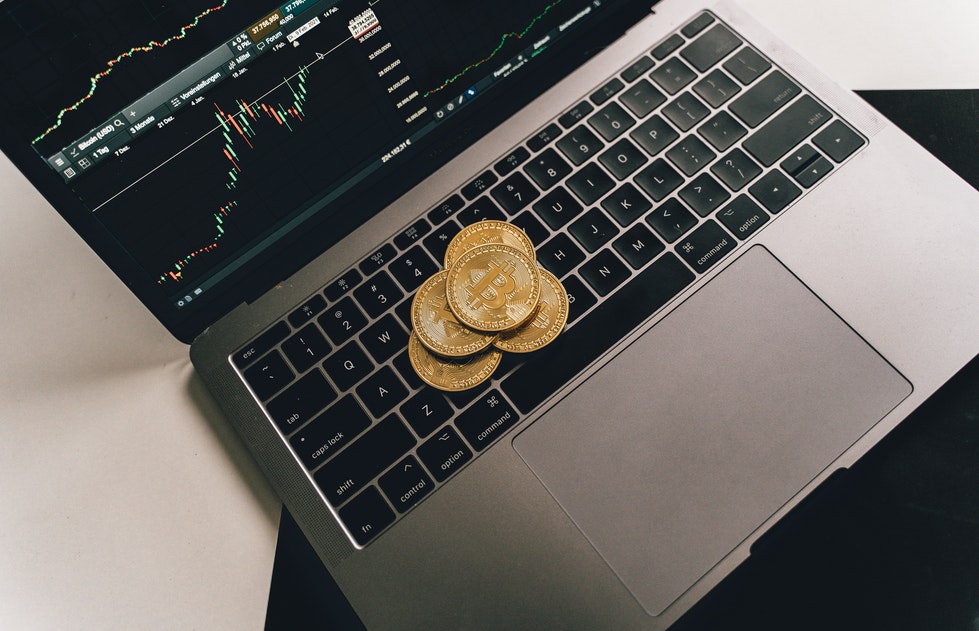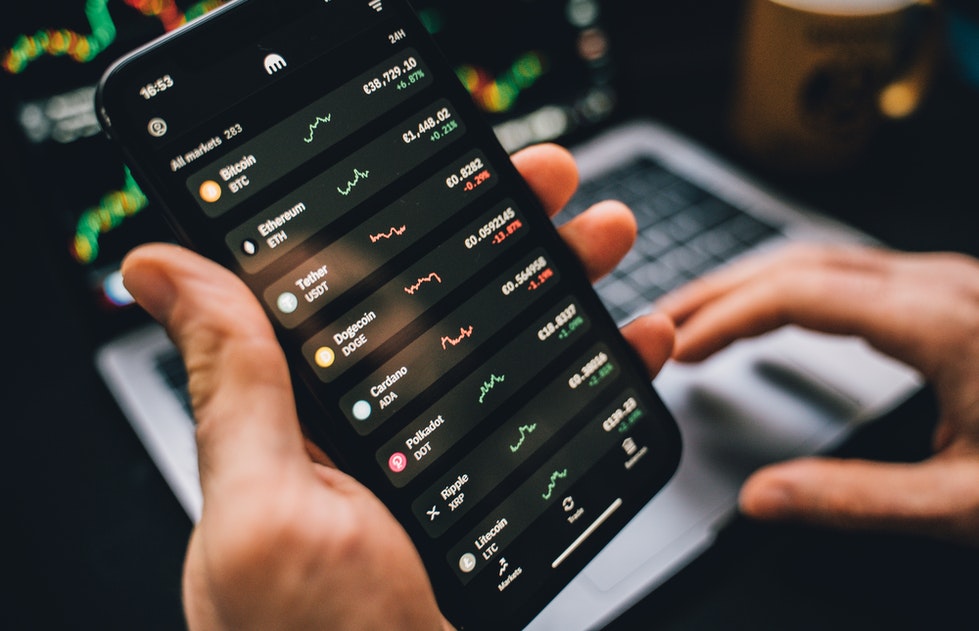Cryptocurrencies are slowly taking over the world. These popular payment systems have become a global phenomenon that compels more and more people to try and get their hands on even just a few digital coins.
More cryptocurrency startups keep popping up, providing people with cryptocurrency-based services as an alternative to traditional banking.
But what is a cryptocurrency, exactly?
Cryptocurrencies can be confusing, which is why we’ve created this beginner’s guide to cryptocurrency. It has all the things about cryptocurrency explained in detail so that you can get the hang of it in no time.
Before going over all the other important things to know about cryptocurrencies, let’s start with the basics.
What Is Cryptocurrency?

Googling “What are cryptocurrencies?” will give you loads of detailed explanations.
Here’s a good definition by Investopedia:
“A cryptocurrency is a digital or virtual currency that is secured by cryptography, which makes it nearly impossible to counterfeit or double-spend. Many cryptocurrencies are decentralized networks based on blockchain technology – a distributed ledger enforced by a disparate network of computers.”
So, a cryptocurrency or digital currency is an innovative form of payment that uses cryptography and other state-of-the-art encryption techniques to secure online transactions.
As a decentralized payment network, no central authority can control it. No government entity, bank, or other financial institutions can interfere or manipulate transactions and cryptocurrency data.
Here in OneUp Trader, we have talked about governments, digital currencies and the future Money.
How did cryptocurrencies become so popular?
Digital currencies like Bitcoin have become popular around the world for several reasons.
Thanks to blockchain technology that records transactions, all transactions are immutable. No one can alter cryptocurrency data on the blockchain, making crypto transactions more secure than any traditional form of payment. There’s no chance of money laundering or stealing funds.
Every cryptocurrency network exists outside the government’s control or other central authority. They can’t manage the virtual currency supply or reduce the value of money via inflation.
Since transferring digital money on the blockchain doesn’t require a bank or credit card company to verify each transaction, cryptocurrency payments have lower transaction fees. Those are processing fees for compensating cryptocurrency miners who help run the cryptocurrency system smoothly.
Virtual currency transactions are also faster. Some cryptocurrency exchanges even offer priority alternatives to accelerate transactions, but the faster a transaction is, the higher fees it incurs.
How digital currencies work

Digital currencies operate on a blockchain, which helps transfer money, virtual tokens, files, or anything else of value without a third party.
To transfer digital money, people need to use public keys and private keys. They must have a cryptocurrency wallet, just like your bank account, except that no one can access it and change the data without being authorized to do so.
Each digital currency wallet has a public key or account address, while every private key is known only to its user. Once a transaction is verified, each party can sign it with their private keys and complete the transaction.
Satoshi Nakamoto, the father of Bitcoin
Satoshi Nakamoto, believed to be a pseudonym, invented Bitcoin in 2008 when he developed a peer-to-peer electronic cash system based on blockchain technology.
He wanted to remove the government and other central authorities from the equation and provide a way to transfer money more securely and prevent double-spending.
He developed a digital cash system that’s just like peer-to-peer file sharing. He used a cryptography technique and blockchain to secure the payment system, making it more secure than any traditional payment system.
By developing this cryptocurrency technology, he lit a spark that brought us more cryptocurrencies and changed online payments forever.
But what is cryptocurrency used for? Let’s find out.
What is cryptocurrency used for?
If you’re wondering how to use cryptocurrency, such as Bitcoin, you’ll be happy to know you have many options.
Cryptocurrencies are digital currencies that you can use instead of money, fiat currencies, to pay for products or services online.
Some merchants accept cryptocurrencies as payments, and some banks are even considering joining the virtual currency craze.
Some companies even have their cryptocurrencies, known as tokens, which people can use to purchase their products or services. Getting such a token requires exchanging fiat currencies for cryptocurrencies.
Investors are also using cryptocurrencies to trade for profit, as those endeavors can be quite lucrative.
How do I get cryptocurrency?

There are several methods for acquiring cryptocurrencies.
Trading on a Cryptocurrency Exchange
Cryptocurrency exchange platforms provide users with a way to buy and sell cryptocurrencies like Bitcoin. They provide a crypto wallet for transferring fiat currencies and exchanging them for cryptocurrencies.
You can buy cryptocurrencies using a credit card, bank transfer, PayPal, or other payment methods, depending on the platform.
Trading on Cryptocurrency ETFs
Cryptocurrency ETFs (Exchange-Traded Funds) allow investors to buy and trade cryptocurrencies like Bitcoin using cryptocurrency investment funds instead of purchasing digital coins directly and trading them.
Cryptocurrency ETFs are backed by companies that invest in blockchain technology. Trading on these platforms can help you hold multiple companies in your portfolio with a single trade.
Using Peer-to-Peer Cryptocurrency Services
Peer-to-peer cryptocurrency services provide a secure way for people to exchange any digital currency online or in person.
All they need are their wallet addresses and a private key to sign the transactions. The platforms use an escrow system and accept cash, PayPal, credit cards, and many other payments.
Using a Cryptocurrency ATM
Yes, there are ATMs explicitly designed for buying and selling cryptocurrencies. You can buy most of the major cryptocurrencies at those ATMs, while some of them don’t allow you to sell any digital currency.
You use only cash at crypto ATMs, as they don’t support credit cards or other payment methods.
Mining
Mining can be an excellent way to earn Bitcoin or other virtual tokens. By mining cryptocurrencies, you don’t need to put down any money, although mining can be expensive. It requires substantial computational power, which can lead to huge energy bills. Mining also involves a lot of hard drive space.
If you want to mine Bitcoin or other cryptocurrencies, you must know how to solve complex cryptographic hash puzzles. By solving them, you build blocks, verify transactions, and earn Bitcoin or other cryptocurrency tokens.
What are the best cryptocurrencies?

Now that you know how to purchase cryptocurrency or earn it through mining, let’s take a look at some of the best cryptocurrencies by market capitalization, according to CoinMarketCap.
Bitcoin (BTC)
Bitcoin is one of, if not the best, cryptocurrencies currently on the market. It’s undoubtedly the most valuable one, dominating the market with the highest market cap of over $1 trillion. Since its 2008 launch, Bitcoin has been the most widely used cryptocurrency globally.
Ether (ETH)
One of the most popular cryptocurrencies, the Ethereum network’s Ether, is the second-largest virtual currency by market cap. It’s more stable than Bitcoin, but it’s still highly volatile. The Ethereum network is prevalent among developers and investors.
Binance Coin (BNB)
One of the safest cryptocurrencies to invest in, Binance Coin takes third place in the total market value. The best part about the native currency of the Binance Chain is that you can exchange or trade it for other cryptocurrencies, such as Bitcoin.
Other notable cryptocurrencies
Tether (USDT) is following closely behind. It’s more stable than Bitcoin and other cryptocurrencies, as its price is tied to the US dollar.
Polkadot (DOT) is a new kid on the block that already has an interesting nickname: Ethereum killer. The lesser-known cryptocurrency is also known as the “blockchain of blockchains,” as it was designed to connect and secure multiple blockchains and create a decentralized web 3.0. Litecoin (LTC), or the “silver to Bitcoin’s gold,” is faster than Bitcoin and keeps rising in value more and more daily. Mining LTC is also remarkably swift.
Are cryptocurrencies legal?
It depends on the country. Cryptocurrency systems are legal in the US, across the European Union, and in many other countries worldwide. Each country also has different regulations and classifies digital assets differently.
China is one of the latest countries to jump on the cryptocurrency bandwagon. After banning cryptocurrencies for a long time, it has created its own digital currency. As the Wall Street Journal reports, the digital yuan will provide full anonymity, which is a feature that Bitcoin and other cryptocurrencies lack.
Is cryptocurrency a good investment?

All investments are risky, but cryptocurrency investments are some of the riskiest. Investing in cryptocurrency is like gambling because you can only speculate on various digital coins’ value as they go up and down continuously.
You can’t predict when or by how much the value of Bitcoin or other cryptocurrencies will increase or decrease. There aren’t any patterns, and you can’t calculate the risk or returns.
Bitcoin is the most volatile of all digital coins, so any Bitcoin investment is risky. However, its high volatility can lead to a profitable investment.
Should you consider a cryptocurrency investment? Sure, if you start small to get the hang of it and learn how to avoid unnecessary risks. Learn about cryptocurrency until you know everything about it and understand how to make intelligent decisions.
Over to You
Digital currencies and the future of money are looking bright. It’s unlikely that cryptocurrencies like Bitcoin will replace the money we know and love, but they’re bound to become more mainstream in the near future.
We hope this guide to cryptocurrency for beginners sheds more light on what cryptocurrencies are, how to buy cryptocurrency, and whether or not to invest in them. Browse our blog for more insights on the cryptocurrency world and get answers to all your burning questions!

References used in this article:
- NerdWallet What Is Cryptocurrency? Beginners Guide to Digital Cash
- What is cryptocurrency?
- What is Cryptocurrency: [Everything You Need To Know!]
- Cryptocurrency Definition
- Acquiring Crypto: Simple Steps to Buying Your First Bitcoin – Technology Bitcoin News
- 5 Best Crypto ETFs RIght Now • [List & Prices] • Benzinga
- 4 Things to Know Before Investing in Cryptocurrency
- The 10 Most Important Cryptocurrencies Other Than Bitcoin
- 5 Major Cryptocurrencies Developed by Blockchain Advances
- Best cryptocurrencies to invest in spring 2021: from Bitcoin to Polkadot
- What’s the Best Cryptocurrency to Buy in 2021? 7 Contenders | Cryptocurrency






